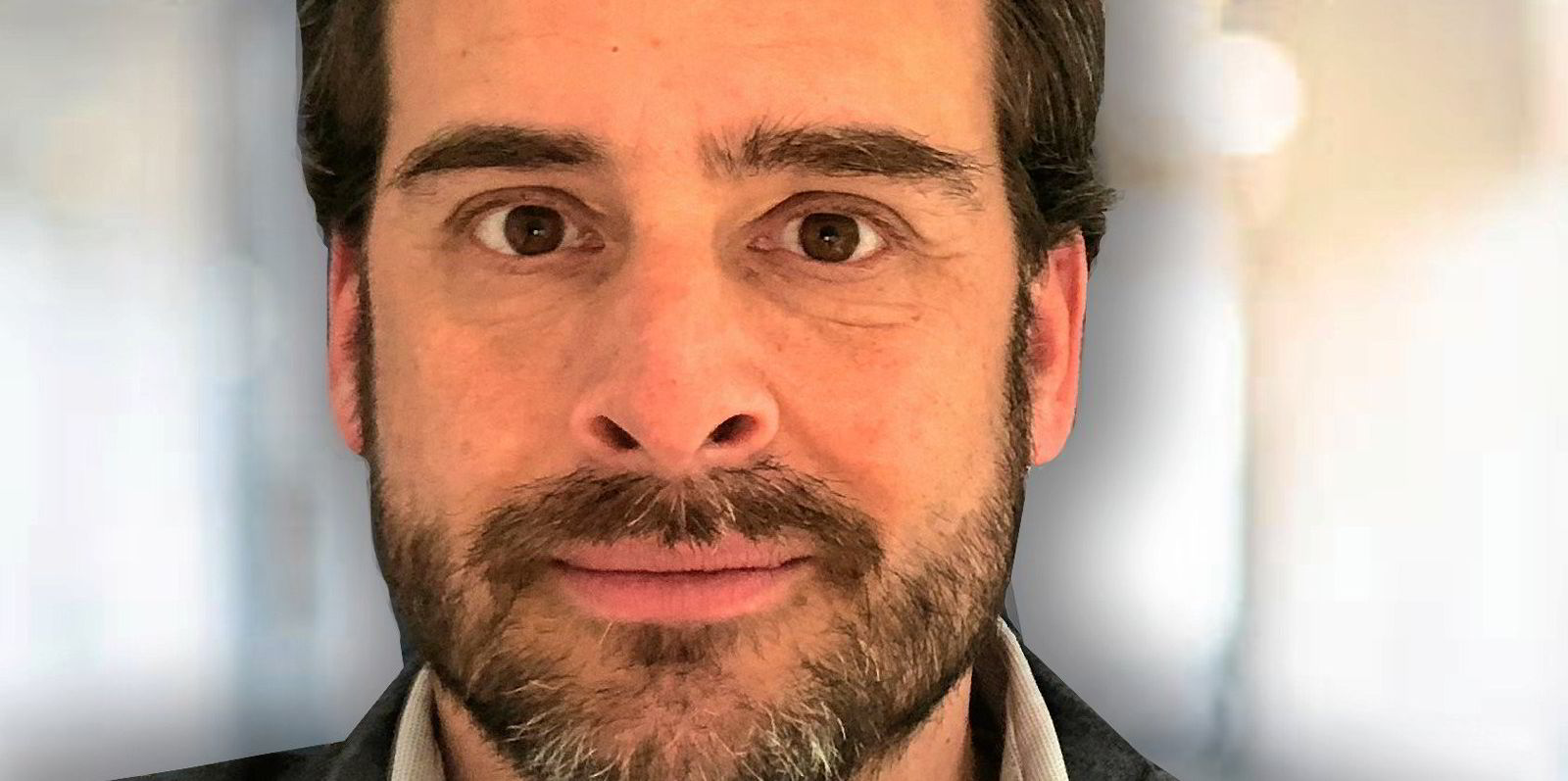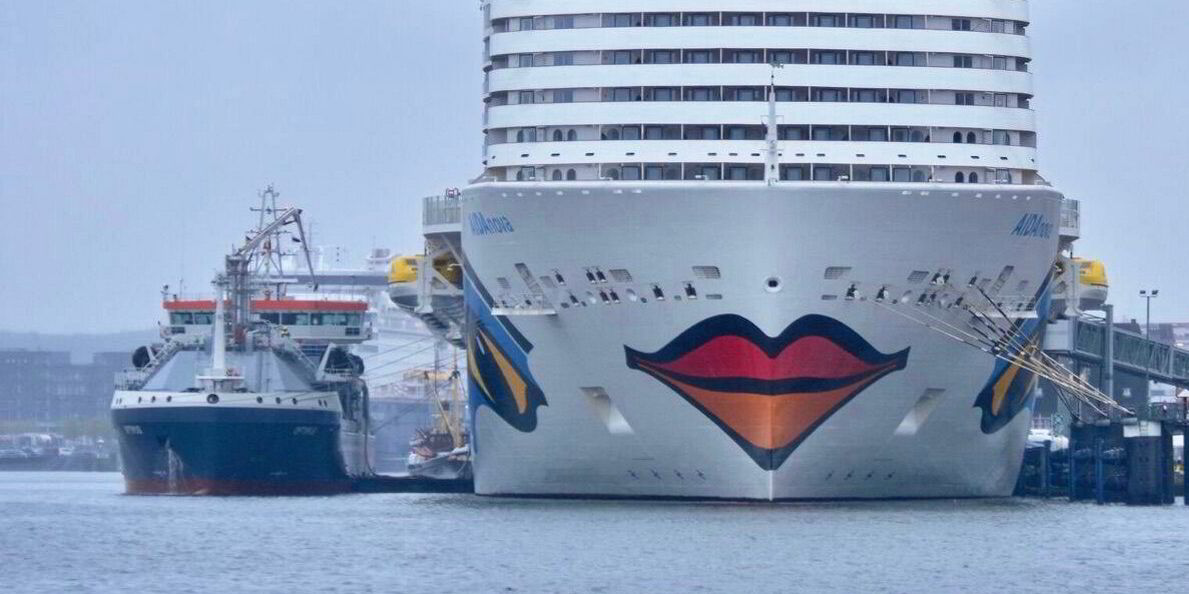Recent headlines on carbon offsets have not been good.
A study found that carbon offsets based on reducing deforestation have overstated their impact, Inside Climate News reported. Demand for the voluntary carbon market has been shrinking as major companies pull back from offsets, according to a Reuters report.
But as confidence in offsets faces challenges, a new voluntary carbon market for what are known as carbon insets is taking shape in shipping.
The audio edition of Green Seas will examine the future of methanol-fuelled container shipping with interviews with TCT Shipbrokers’ Richard Wetzki and OCI Global’s Ahmed El-Hoshy.
Subscribe on Google Podcasts, Apple Podcasts, Stitcher, Pandora, Spotify or SoundCloud to get it delivered to your mobile device.
As this nascent market develops, how can maritime greenhouse gas insets avoid the bad headlines? How can they inspire confidence that the emissions reductions that they represent are accurate?
Several players in this new market told the Green Seas podcast that insets are fundamentally a different animal from offsets and that a focus on integrity, transparency and verification is key to their future.
Guillaume de Roys, commercial director of verification firm Verifavia, said carbon offsets are based on assumptions about future emissions, while insets are based on factual proof of actual decarbonisation.
“The big advantage of insets is that they can be verified — that offers a higher level of confidence in the effectiveness of it — while offsets can only be validated,” he told the Green Seas podcast.
Offsets have been around for decades, as a way for companies to pay for emissions reductions elsewhere, for example, by planting trees that suck CO2 out of the atmosphere.

In shipping, they have faced criticism, in part because they do not decarbonise the maritime supply chain and their pricing is cheaper than doing so.
Insets, by contrast, are focused on decarbonisation within the buyer’s own supply chain, and as the latest episode of the Green Seas podcast reports, are a way for freight buyers that want to reduce emissions to do so more easily, and for shipowners and operators to monetise their investments in green technologies and fuels.
TradeWinds recently reported that LNG fuel provider Titan has worked with climate tech firm 123Carbon to issue an inset token to cover the greenhouse gas reductions associated with using the company’s bunker deliveries.
Jeroen van Heiningen, managing director and founder of 123Carbon, said his company’s insets rely on accepted frameworks to give confidence that the fuels deliver greenhouse gas reductions, international standards for setting the benchmark to measure those reductions against and established book-and-claim framework for rules for creating the inset tokens and allocating the emissions cuts they represent.
The key is transparency, he said.

When it comes to the life cycle footprint of fuels, for example, the Global Logistics Emissions Council Framework allows the use of default emissions factors from sources such as the International Maritime Organization, modelling data or actual data from testing and monitoring.
“We are trying to move towards as much as we can to actual data. So to be transparent about what we are using, make sure that the customers … can always recalculate and know how we came about calculating the insets as they are,” van Heiningen said.

“And if they’re not happy with that and they say, ‘We won’t purchase any tokens which are based on defaults. We want actuals’, then they could buy a different token.”
One framework that van Heiningen said is yet to be set in stone is how to include inset purchases in a company’s annual carbon reporting, but the Smart Freight Centre and Science Based Targets initiative are working together to establish those rules.
“That piece of the puzzle would really accelerate demand,” he said, noting that the early adopters are already showing confidence in the other pieces of the inset puzzle.
Titan business developer Tom de Ruyter said the foundation of insets is a data exchange.
“This whole data exchange, that’s where the value lies,” he said.
He explained that Titan chose 123Carbon for its insets because its platform gives a full view of where that data originated from, including which bunkering operation delivered the fuel, what calculation methodology was used and whether the inset was based on data from monitored emissions or from default emissions factors.
“There’s full transparency in where it actually came from, and that also gives it its value,” he said.

________________
Podcast: How carbon inset tokens can help nudge shipping to be greener
Carbon offsets have faced criticism in shipping for not tackling emissions within the sector. Enter carbon insets, tokens that allow a company to pay for greenhouse gas reductions within the maritime supply chain.
The Green Seas podcast has explored this new product in detail to explain how insets, or book-and-claim systems, can help connect shippers who want to buy green freight, and vessel owners and operators who want to monetise their investments in green fuels and technology.
We also explore a partnership between fuels provider Titan and climate tech firm 123Carbon to provide inset tokens for LNG and liquefied biomethane.
________________
Judge strikes down seafarers’ wrongful imprisonment lawsuit against US
A federal judge has put an end to a lawsuit by three seafarers alleging false imprisonment and other claims against the US government over their detention during a pollution investigation.
Chief US district judge Jon Levy issued a summary judgment in favour of the government on all claims in the lawsuit by the mariners, who were held in the state of Maine during an investigation and subsequent prosecution of their employer.
The case has served as a key test of the government’s power to hold seafarers as witnesses during prosecutions of suspected oil dumping and other forms of pollution from ships, usually under record-keeping rules of the Act to Prevent Pollution from Ships.
Click here to read the article.
________________
Salvage team leaves decaying supertanker after clean-up
A salvage team has successfully cleaned the tanks of a decaying supertanker in the Red Sea following a risky operation to remove 1.1m barrels of oil, as Paul Peachey reported.
Boskalis said the team from its Smit Salvage unit has left for Djibouti after helping to moor a replacement for the 406,600-dwt FSO Safer (built 1976), which had been at risk of breaking up and spilling its cargo off the coast of Yemen.
The oil has been transferred to the 307,300-dwt Yemen (built 2008), which was sold to the United Nations-led operation by Belgian tanker giant Euronav.



